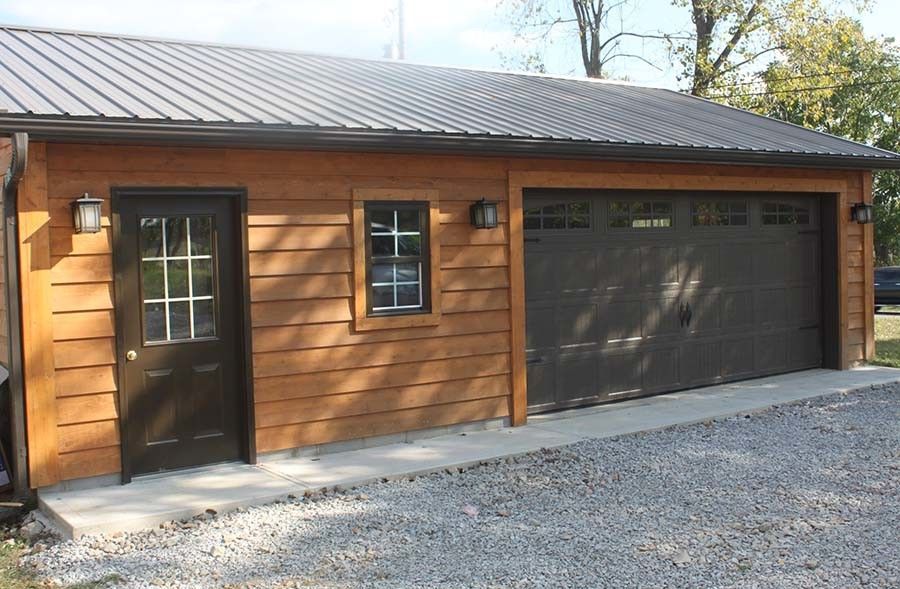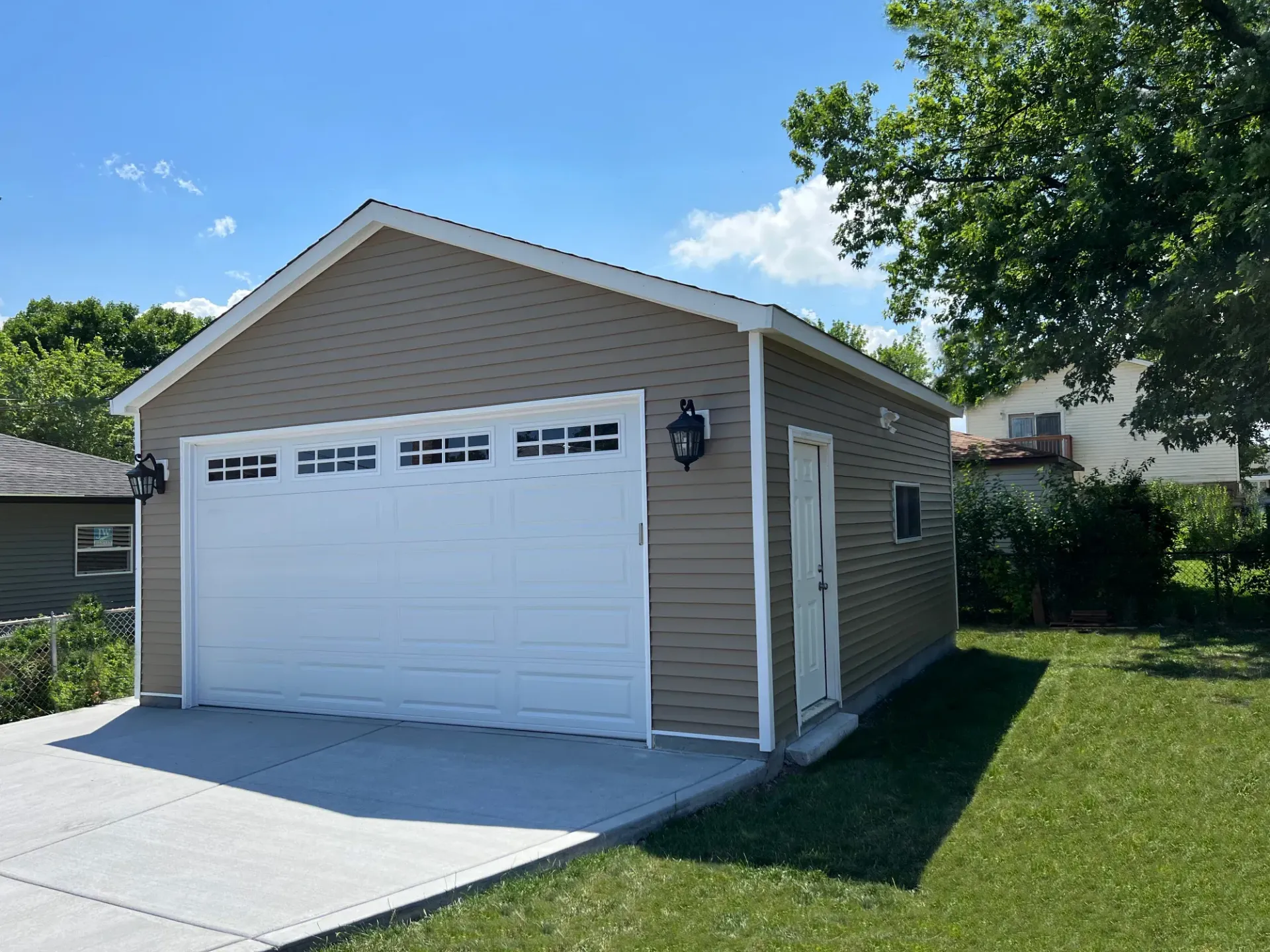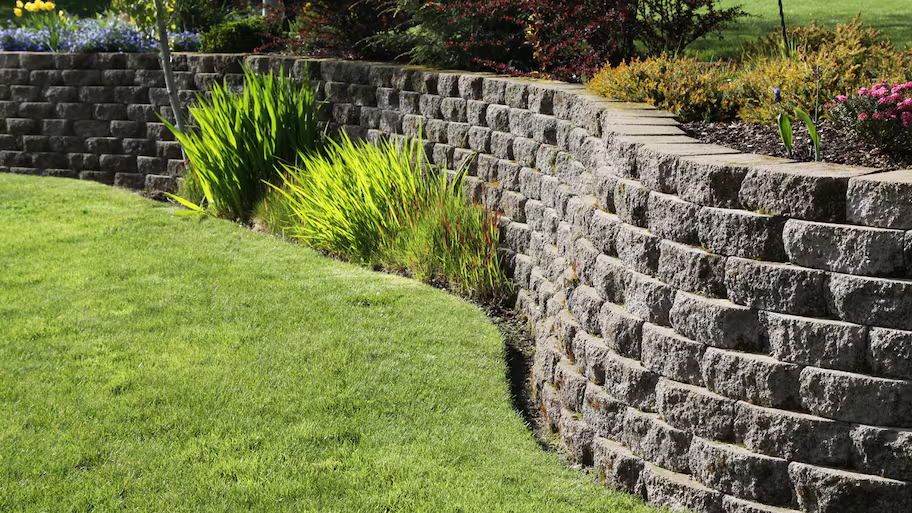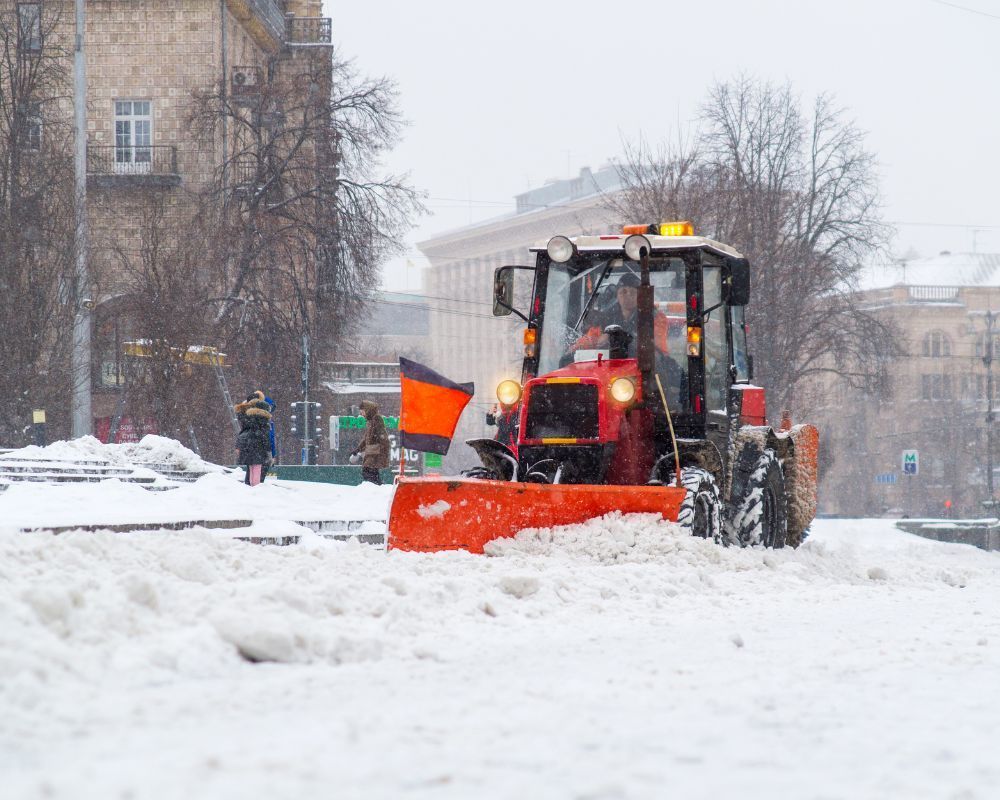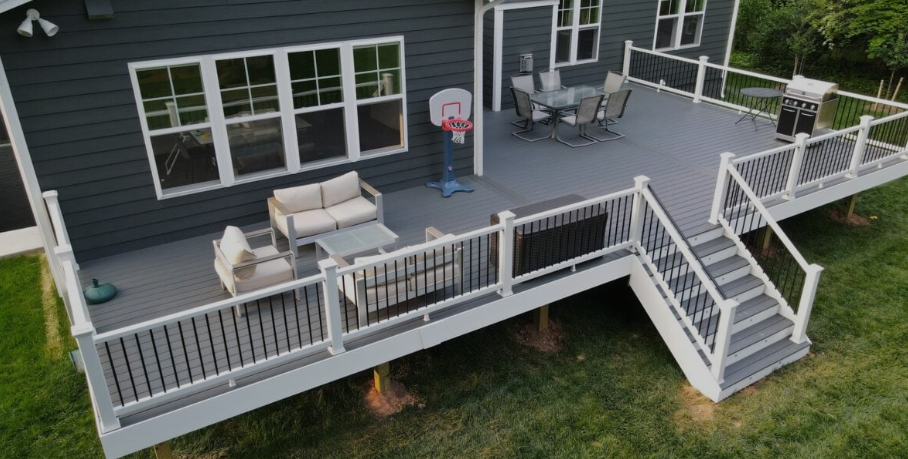What Happens to the Junk? Dumpster Rentals in Rhode Island
When you load furniture, construction debris, old appliances, and household junk into a dumpster, have you ever wondered where it all goes? Understanding the journey your discarded items take helps you make informed decisions about disposal, recycling, and environmental responsibility. This guide explains what happens to everything you put in Rhode Island dumpster rentals - from pickup to final destination.
The Journey of Your Dumpster Load
Step 1: You Load the Dumpster
- Mix of materials: furniture, construction debris, household items, appliances
- Everything combined in one container
- Rockhouse Disposal dumpster sits on your Rhode Island property
- Up to 7 days to load at your pace
Step 2: Pickup and Transport
- We pick up your full dumpster
- Transported to licensed disposal/processing facility
- Rhode Island-approved facilities only
- Professional hauling equipment and certified drivers
Step 3: Facility Processing
- Materials weighed (that's how we know if over 2-ton limit)
- Some facilities sort for recyclables
- Disposal and recycling coordinated
- Proper environmental handling
Step 4: Final Destinations
- Recyclable materials → Recycling processors
- Non-recyclable waste → Licensed landfills
- Special materials → Appropriate facilities
- Metals → Scrap metal processors
Where Rhode Island Dumpster Loads Go
Rhode Island Resource Recovery Corporation (RIRRC):
- State's primary waste management facility
- Located in Johnston, RI
- Handles much of Rhode Island's solid waste
- Advanced sorting and processing capabilities
- Recycling and waste-to-energy programs
Licensed Landfills:
- Rhode Island Central Landfill (Johnston)
- Out-of-state facilities when necessary
- Strictly regulated by RI Department of Environmental Management
- Modern environmental protections
- Monitored disposal practices
Recycling Facilities:
- Metal processing centers
- Wood recycling operations
- Concrete crushing facilities
- Specialized material processors
Transfer Stations:
- Temporary consolidation points
- Efficient transport coordination
- Sort and separate materials
- Reduce transportation costs and environmental impact
What Gets Recycled from Your Dumpster?
Metals (High Recycling Rate):
Ferrous Metals (Iron, Steel)
- Appliances (refrigerators, washers, dryers, stoves)
- Metal furniture frames
- Steel beams and structural materials
- Pipes and hardware
- Car parts and equipment
- Recycling rate: 85-90%
- Melted down and remanufactured into new steel products
Non-Ferrous Metals (Aluminum, Copper, Brass):
- Aluminum siding and gutters
- Copper pipes and wiring (valuable!)
- Brass fixtures and hardware
- Aluminum window frames
- Recycling rate: 70-80%
- High value = strong recycling incentive
Wood and Lumber:
- Construction lumber scraps
- Demolished wood framing
- Furniture (wood components)
- Pallets and crates
- Clean wood vs. treated wood separated
- Recycling options:
- Mulch and landscaping material
- Biomass fuel for energy generation
- Composite wood products
- Animal bedding
Concrete and Masonry:
- Broken concrete
- Brick and cinder blocks
- Concrete foundations (small amounts)
- Stone and pavers
- Recycling process:
- Crushed into aggregate
- Used as road base material
- Fill material for construction
- New concrete production
- Recycling rate: 60-70%
Cardboard and Paper:
- Moving boxes
- Packaging materials
- Cardboard from deliveries
- Paper products
- Recycling rate: 65-75% when clean and dry
- Contaminated cardboard goes to landfill
What Usually Doesn't Get Recycled:
- Mixed materials (hard to separate)
- Contaminated items (food waste, chemicals)
- Drywall and plaster (goes to landfill typically)
- Carpet and padding (most goes to landfill)
- Composite materials (mixed plastics/wood)
- Heavily soiled or damaged items
Rhode Island's Approach to Waste Management
Waste Reduction Goals:
- Statewide 35% recycling rate target
- Diversion from landfills emphasized
- Extended producer responsibility programs
- Education and awareness campaigns
Banned from Rhode Island Landfills:
- Tires (separate recycling required, tire fees apply)
- Electronics (e-waste recycling mandatory)
- Leaf and yard waste (composting programs)
- Beverage containers (bottle bill program)
- Mattresses (recycling program available)
Rhode Island Bottle Bill:
- 5-cent deposit on beverage containers
- Encourages recycling and return
- Reduces litter and waste
- High recovery rate
RIRRC Programs:
- Eco-Depot events (free household hazardous waste collection)
- Electronics recycling
- Bulky waste collection
- Educational programs
- Innovative waste-to-energy initiatives
How Rockhouse Disposal Ensures Responsible Disposal
Licensed and Compliant:
- All required Rhode Island permits and licenses
- Regular inspections and compliance
- Follow RIDEM regulations strictly
- Proper insurance and bonding
Approved Facilities Only:
- Use licensed disposal facilities
- Proper documentation and tracking
- Environmental responsibility priority
- Support Rhode Island's waste management goals
Customer Education:
- Inform about prohibited items
- Encourage recycling and donation before disposal
- Proper disposal guidance
- Support environmentally conscious choices
Transparent Process:
- Clear pricing (including potential overages)
- Honest about where materials go
- Explain recycling vs. disposal
- Answer customer questions
What Happens to Specific Items
Furniture
Couches and Upholstered Furniture:
- Usually goes to landfill (difficult to recycle mixed materials)
- Metal frames may be separated and recycled
- Fabric and foam not easily recycled
- Better option: Donate usable furniture to Goodwill RI or Habitat ReStore
Wood Furniture:
- Solid wood may be ground into mulch
- Particle board typically goes to landfill
- Metal hardware removed and recycled when possible
- Environmental note: Solid wood furniture has better end-of-life options
Metal Furniture:
- Scrapped and recycled
- High recovery rate
- Melted down for new metal products
Appliances
White Goods (Refrigerators, Washers, Dryers):
- Refrigerants properly recovered (environmental law)
- Metal components recycled (high value)
- Plastics sometimes recovered
- Recycling rate: 75-85% of appliance weight
- Compressors, motors, wiring all recyclable
Small Appliances:
- Microwaves, toasters, coffee makers
- Metal components recycled
- Electronic parts may go to e-waste processing
- Plastics typically not recycled (mixed materials)
Construction Debris
Drywall:
- Most goes to landfill
- Some facilities recycle into new drywall
- Clean drywall better recycling prospects
- Paper backing sometimes recovered
Lumber and Wood:
- Clean lumber → Mulch or biomass fuel
- Treated lumber → Special handling (cannot burn)
- Dimensional lumber recycled more easily
- Plywood and OSB typically to landfill
Roofing Shingles:
- Most go to landfill
- Some areas recycle into asphalt
- Heavy and difficult to process
- Not currently widely recycled in RI
Windows and Doors:
- Glass sometimes recovered
- Metal frames recycled
- Wood components to mulch
- Mixed materials challenging
Household Items
Mattresses and Box Springs:
- Rhode Island has mattress recycling programs
- Steel springs valuable and recycled
- Foam and fabric more difficult
- Some specialized facilities disassemble for recycling
- Better option: Mattress recycling programs when available
Carpeting:
- Most goes to landfill
- Very difficult to recycle (mixed materials, glue, dirt)
- Some carpet-to-carpet recycling exists (limited)
- Padding typically not recycled
Books and Paper:
- Clean paper recycled
- Books sometimes recovered for donation
- Contaminated paper to landfill
- Shredded paper can be recycled
Clothing and Textiles:
- Should be donated before disposal (Goodwill, Salvation Army)
- Natural fibers could be composted (rarely done)
- Synthetic textiles go to landfill
- Textile recycling limited in Rhode Island
Landfill Operations and Environmental Protection
Rhode Island Central Landfill:
- Lined to prevent groundwater contamination
- Leachate collection systems (liquid runoff)
- Methane gas capture (energy generation)
- Regular monitoring and testing
- Strict environmental controls
Environmental Protections:
- Multiple protective liner systems
- Groundwater monitoring wells
- Gas collection prevents methane release
- Odor control measures
- Daily cover of waste
- Final capping and closure planning
Waste-to-Energy:
- Some Rhode Island waste processed for energy
- Reduce landfill volume
- Generate electricity
- Modern emission controls
- Environmentally preferable to straight landfilling
Long-term Planning:
- Rhode Island limited space (small state)
- Regional cooperation for waste management
- Emphasis on waste reduction
- Extended facility lifespan through recycling
What You Can Do to Improve Outcomes
Before Renting a Dumpster:
1. Donate Usable Items:
- Goodwill Rhode Island (Providence, Warwick, Cranston, Pawtucket)
- Habitat for Humanity ReStore (Warwick)
- Salvation Army
- Local charities
- Major impact: Keeps items in use, avoids disposal entirely
2. Recycle Separately When Possible:
- Electronics → Eco-Depot events (free!)
- Scrap metal → Separate collection (may get paid!)
- Cardboard → Break down, keep clean
- Appliances → Some retailers take back
3. Hazardous Materials Separate:
- Paint and chemicals → Eco-Depot events
- Batteries → Retailer take-back programs
- Tires → Separate disposal (tire fees apply)
- Proper disposal prevents environmental harm
During Dumpster Loading:
1. Keep Recyclables Clean:
- Separate cardboard stays dry = better recycling
- Rinse containers if possible
- Metal not contaminated with chemicals
- Cleaner materials = higher recycling rates
2. Don't Mix Prohibited Items:
- No hazardous materials (prevents contamination)
- No tires (separate recycling)
- No electronics (e-waste programs better)
- Follow guidelines = more efficient processing
3. Break Down Large Items:
- Furniture disassembled = more fits, easier processing
- Cardboard flattened = space efficient
- Better consolidation = fewer trips = lower environmental impact
After Project Completion:
1. Consider Impact:
- Think about future purchases (quality over quantity)
- Repair instead of replace when possible
- Choose recyclable materials for renovations
- Support circular economy
2. Share Experience:
- Tell others about proper disposal
- Encourage donation before disposal
- Support Rhode Island recycling programs
- Environmental awareness matters
Frequently Asked Questions
Q: Does everything in my dumpster go to the landfill? A: No! Metals are typically recycled, and facilities sort for other recyclables when economical. But realistically, mixed construction debris and household items mostly go to landfills. That's why donating before disposal is important.
Q: Is my dumpster load sorted for recycling? A: Some sorting happens at disposal facilities, especially for metals (high value). Complete sorting isn't economical for mixed loads. Keeping materials separate when possible helps recycling rates.
Q: What happens to my old refrigerator? A: Refrigerants are legally required to be recovered. Then the metal is recycled (75-85% of weight). It's one of the most successfully recycled appliances!
Q: Where exactly does my dumpster go? A: Most Rhode Island waste goes to RIRRC facilities in Johnston or licensed landfills. We use only licensed, environmentally compliant facilities approved by Rhode Island DEM.
Q: Can I recycle more by using different dumpsters? A: For most mixed household and construction debris, a single dumpster is most practical. For large amounts of pure materials (like metal or concrete), ask about specialized recycling options.
Q: Is landfilling bad for the environment? A: Modern landfills have extensive environmental protections (liners, monitoring, gas capture). However, recycling and waste reduction are better. We encourage donating usable items first!
Q: What happens to mattresses I put in the dumpster? A: They go to disposal facilities. Some Rhode Island programs recycle mattresses (springs recycled, foam processed). Check for mattress recycling programs when possible.
Q: Are Rhode Island landfills running out of space? A: Space is limited in a small state, which is why Rhode Island emphasizes waste reduction and recycling. Regional cooperation and waste-to-energy help extend capacity.
Q: Does Rockhouse Disposal recycle? A: We deliver to facilities that recycle valuable materials (especially metals). We follow all Rhode Island regulations and support the state's environmental goals. We encourage customers to donate and recycle separately when possible for best results.
Q: What's the most environmentally friendly disposal option? A: Donate usable items first, recycle what you can separately, then use our dumpster for mixed materials. This minimizes landfill waste while staying practical.
Now that you know where your junk goes, you can make better decisions about what to donate, recycle, and dispose of. Every item kept out of the landfill - through donation or recycling - makes a difference.
Contact us today for responsible dumpster rental service throughout Rhode Island. We provide transparent, environmentally compliant waste management for your home or business projects.
